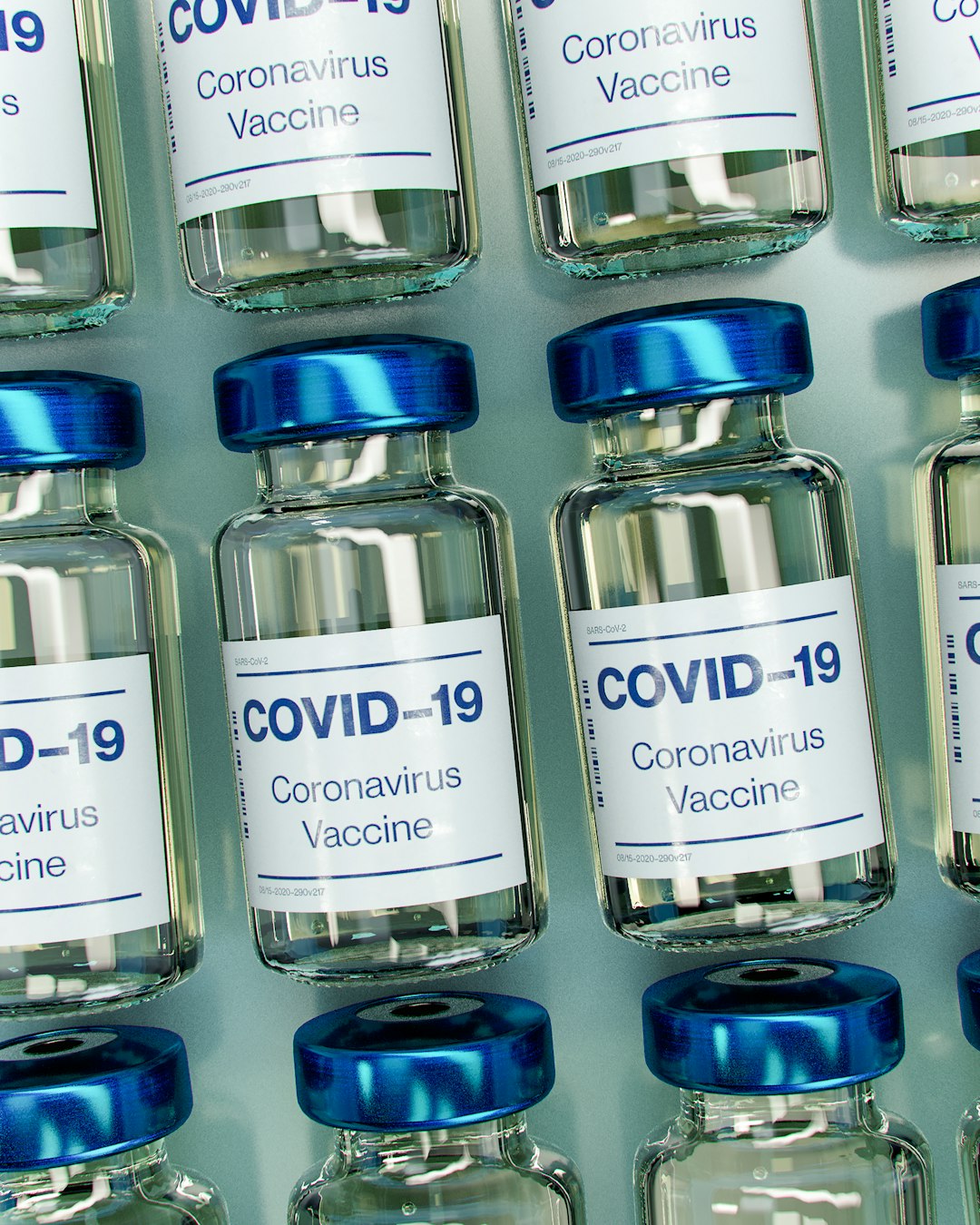In a move that has captured the attention of the medical community and the general public alike, the Centers for Disease Control and Prevention (CDC) has announced an official review into the long-term effects of mRNA COVID-19 vaccines, focusing specifically on the duration and implications of spike protein production in the human body.
For months, questions have swirled about how long mRNA vaccine-induced spike proteins persist after vaccination. Some recent discussions have raised concerns that these spike proteins may continue to be produced indefinitely, potentially contributing to unforeseen long-term effects. While existing studies suggest that spike protein production is transient, the CDC has acknowledged the need for a comprehensive, evidence-based evaluation to ensure vaccine safety and efficacy.
This review comes as public scrutiny on vaccine safety rises, fueled in part by high-profile voices like former President Donald Trump and activist Robert F. Kennedy Jr., both of whom have called for greater transparency and oversight of the vaccine development and approval process. Their efforts have sparked a renewed interest in re-examining the so-called “Vaccine Industrial Complex,” prompting government agencies to take a closer look at existing protocols.
The CDC’s decision to re-examine the science behind mRNA vaccines marks a significant step forward in addressing vaccine hesitancy and restoring public trust. According to the CDC, the review will involve a thorough analysis of how mRNA vaccines interact with the human body, particularly in terms of spike protein production, immune response, and any potential prion-related concerns.
Medical experts note that prions are misfolded proteins that can cause severe neurological diseases, and there has been speculation—though not confirmed by mainstream science—about whether spike proteins could behave in similar ways. The CDC aims to clarify these issues by examining the latest data and consulting with leading virologists and immunologists.
Vaccine safety remains a top priority as the world continues to navigate the COVID-19 pandemic. The CDC’s willingness to review and possibly update its guidelines demonstrates a commitment to public health and scientific integrity. This new initiative is expected to produce greater transparency, more robust safety data, and ultimately, increased confidence in COVID-19 vaccines.
As the CDC undertakes this critical review, the public can expect regular updates and open communication about the findings. The outcome could have far-reaching implications for future vaccine research, public health policy, and how we approach pandemic preparedness.
Stay tuned for more on this developing story as the CDC works to ensure that COVID-19 vaccines remain a safe and effective tool in the fight against the coronavirus.
